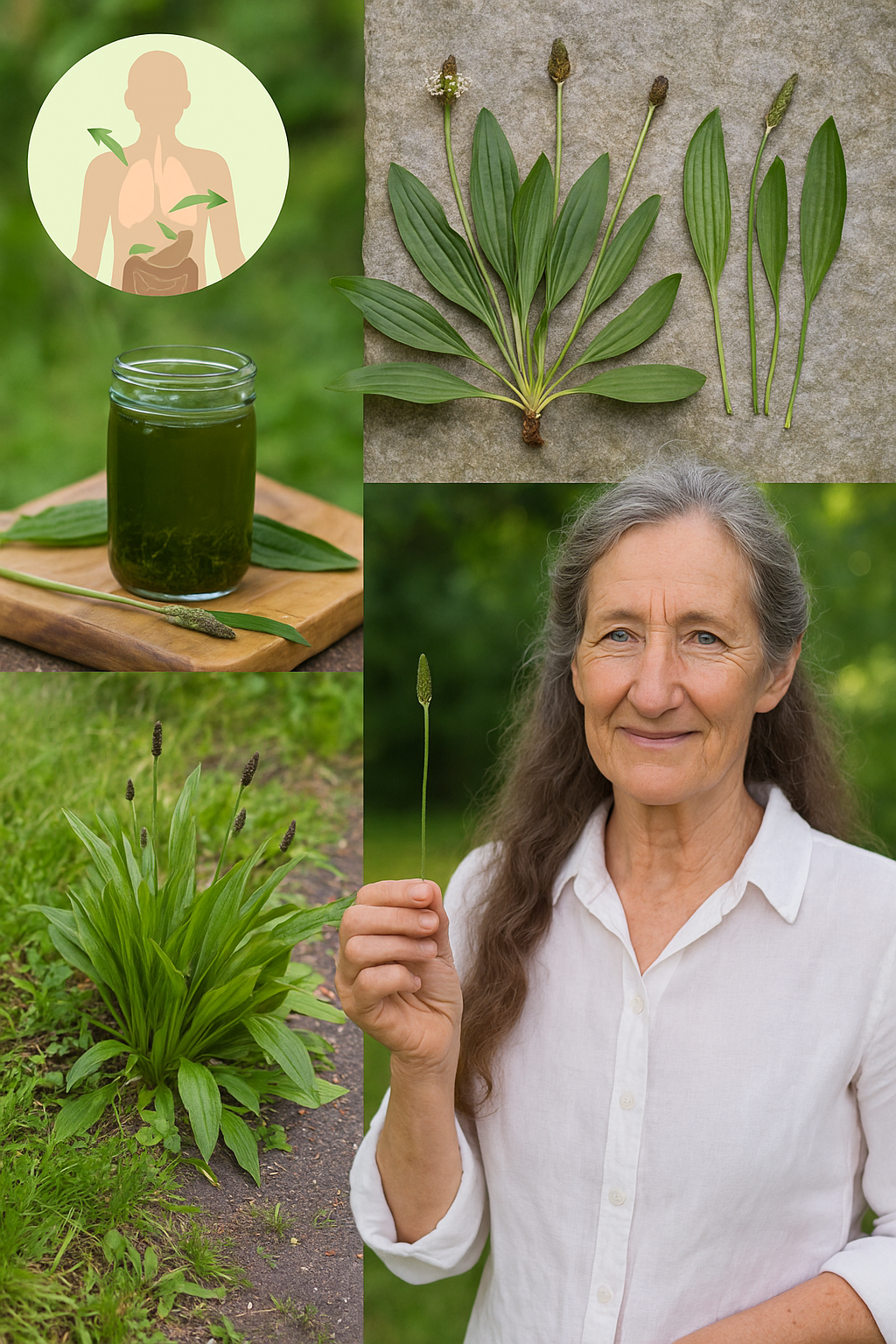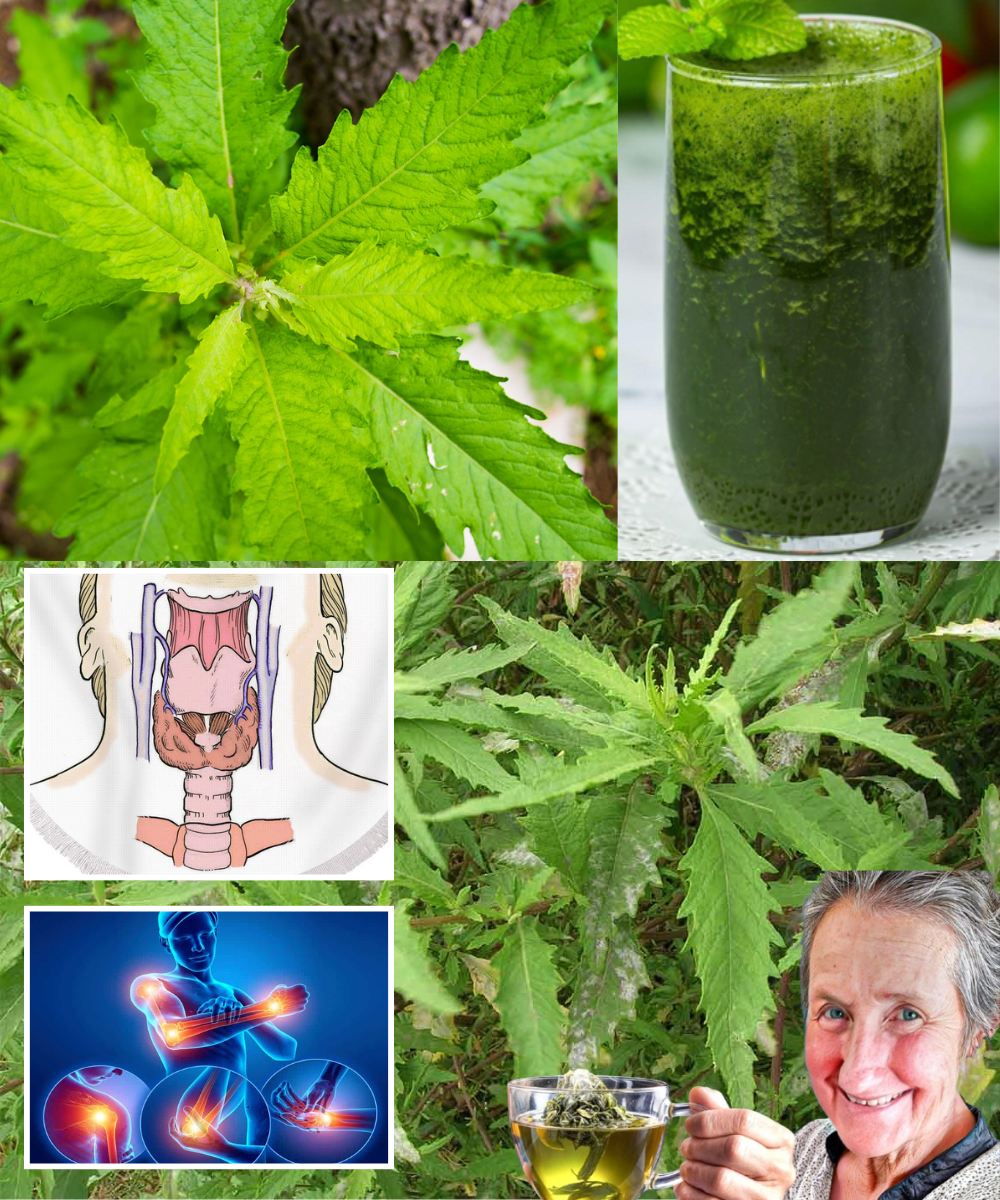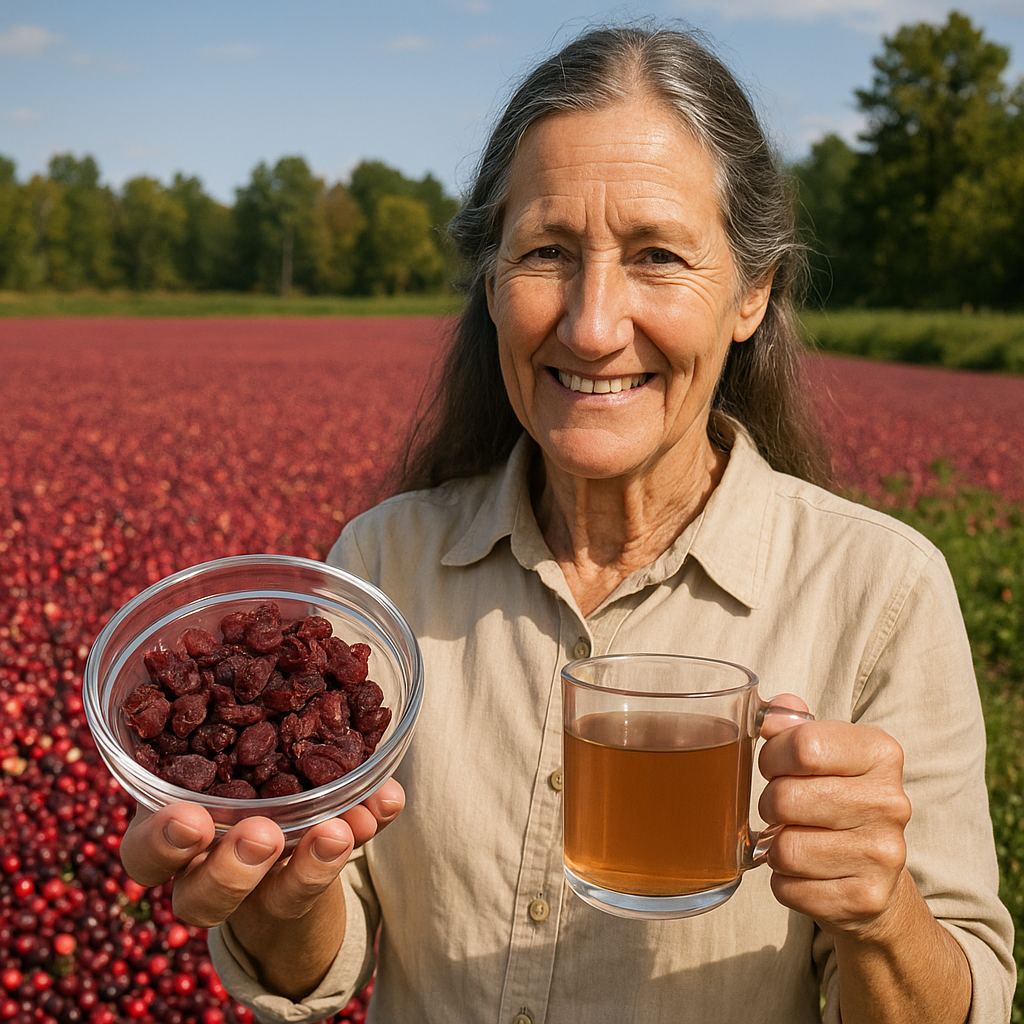Crabgrass (Digitaria spp.) is often dismissed as an annoying weed invading lawns and gardens. Yet, in many cultures, it’s been recognized as both a food source and medicinal plant, valued for its nutritional richness and healing properties. Although not as extensively researched as some grains, crabgrass offers several notable benefits based on traditional uses and its nutritional profile:
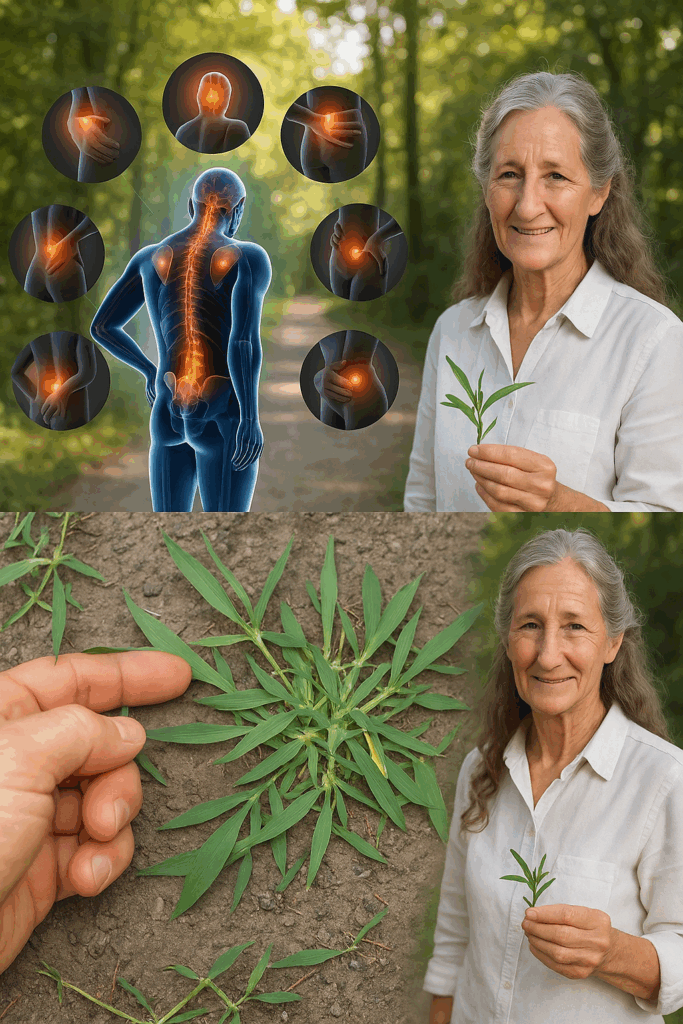
- Rich in Essential Nutrients
Crabgrass seeds and leaves are nutrient-dense, supplying:
- Protein: Higher than common cereal grains, supporting plant-based diets.
- Iron: Vital for red blood cell production and anemia prevention.
- Magnesium & Calcium: Key for bone health, muscle function, and nerve transmission.
- Dietary Fiber: Supports digestion and promotes gut health.
- Natural Energy Source
The seeds are rich in complex carbohydrates, similar to ancient grains like millet and fonio, offering:
- Sustained energy release through slow digestion.
- Endurance support, historically a staple food in parts of Africa and Asia.
- Supports Digestive Health
High fiber in leaves and seeds helps:
- Maintain regular bowel movements.
- Prevent constipation.
- Support healthy gut microbiota.
- Traditionally used as a mild laxative through crabgrass tea for bloating and discomfort.
- Potential Anti-Inflammatory Properties
Certain compounds in crabgrass may reduce inflammation and soothe muscle pain and swelling, when used topically as a poultice or internally as tea. - Gluten-Free Grain Alternative
Crabgrass seeds naturally lack gluten, making them suitable for those with gluten intolerance or celiac disease. Ground crabgrass flour can substitute in baking similarly to millet or sorghum. - Supports Heart Health
Fiber, magnesium, and antioxidants in crabgrass contribute to:
- Lowering bad cholesterol (LDL).
- Improving blood circulation.
- Supporting overall cardiovascular well-being.
- Traditional Medicinal Uses
Various cultures have employed crabgrass for:
- Urinary tract health, using its mild diuretic effect to flush toxins.
- Wound healing, applying crushed leaves to cuts and bruises.
- Respiratory relief, consuming infusions to ease coughs and throat irritation.
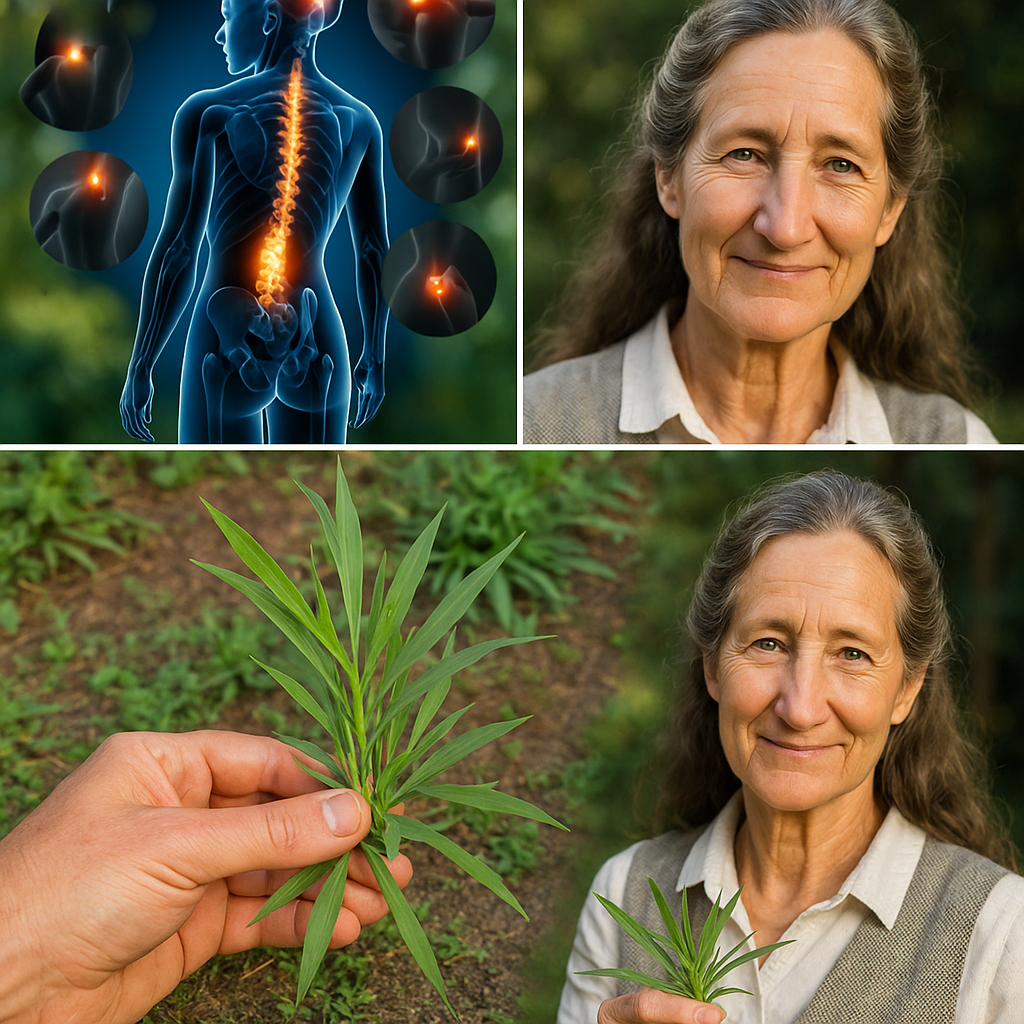
In summary, while crabgrass is often seen as a nuisance, it has historically been valued as a nutritious grain and herbal remedy. When harvested from uncontaminated areas, it may offer benefits comparable to other wild grasses, particularly for digestion, heart health, and as a gluten-free food source. Further scientific research will help confirm and expand understanding, but crabgrass stands out as a promising addition to natural diets and herbal health practices.
